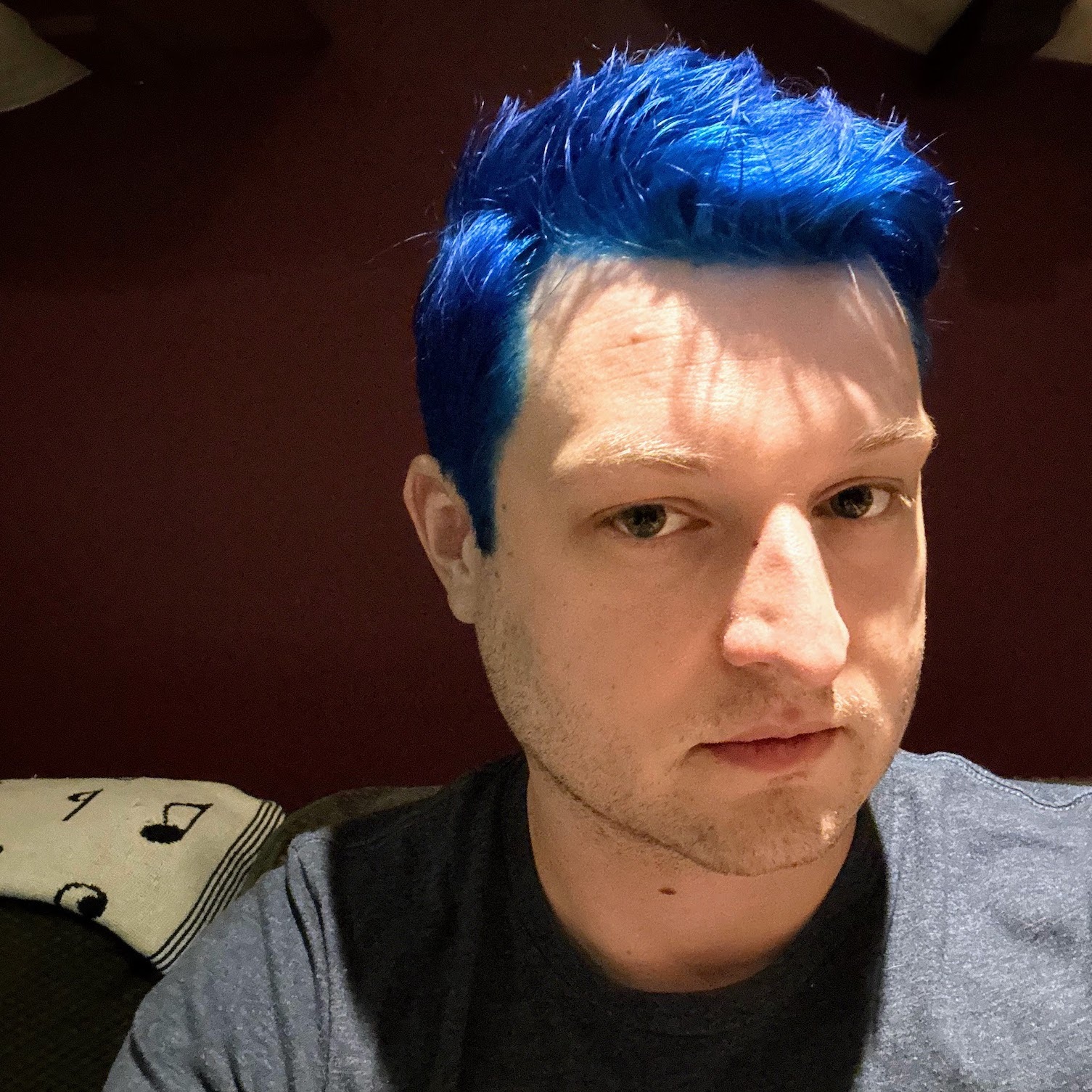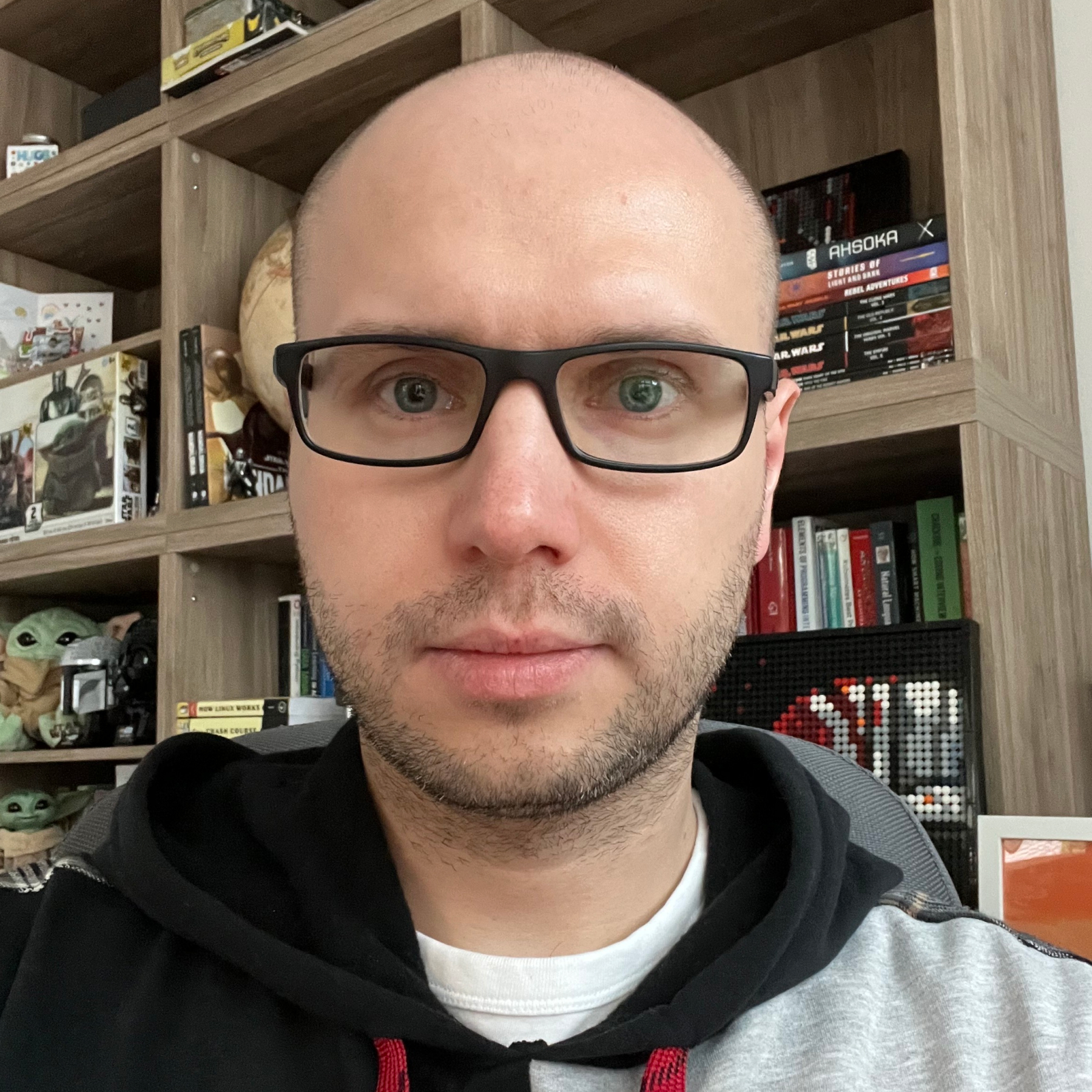May 25, 2023
ThinkSpace Seattle
1700 Westlake Ave N #200
Seattle, WA
98109
Temporal is thrilled to come to the Seattle community with our first-ever meetup in the backyard of our founders! We'll have some technical talks, some time for community networking, and more! Come have some snacks, drinks, and learn more about distributed systems. We'll be doing a raffle at the end, so be sure to stick around. See you there!
Temporal Community Meetup officially adopts the Temporal Code of Conduct. Harassment, bullying, and discrimination are unacceptable here and if you witness or experience those or other harmful behaviors, please let the organizers know.

Developer Advocate
Temporal Technologies
Actor patterns in Temporal aren't immediately obvious. After all, the term "Workflow" implies a process with a clear beginning and end, right? But if that process could potentially never end, what distinguishes a "Workflow" from an "Actor"? In this talk, Fitz will quickly review what an Actor is and then show you how to build your own Actor-style (aka "Entity") Workflows with Temporal.

Software Engineer
Temporal Technologies
Stateful distributed systems are hard to design and implement. In this talk, we will show how workflows and the actor model can simplify this task by providing reliable and scalable building blocks. We will focus on the actor model, a paradigm that models each system component as an independent and concurrent actor that communicates with others through messages. We will compare actors with microservices, and share some best practices for using actors to build stateful distributed systems.